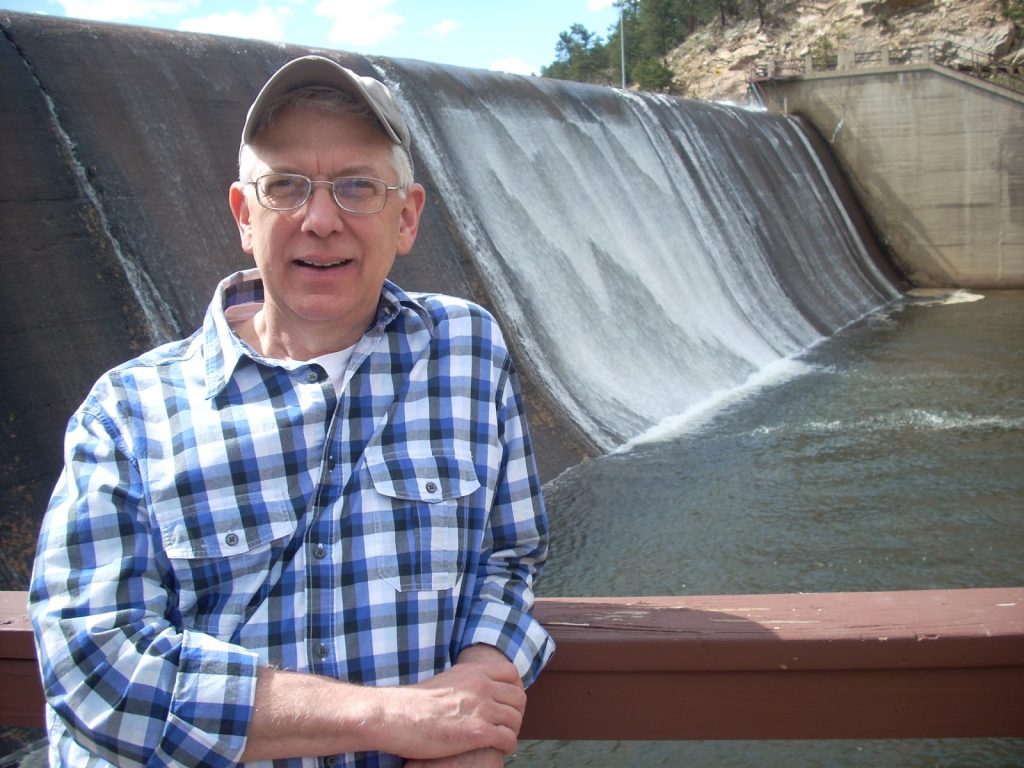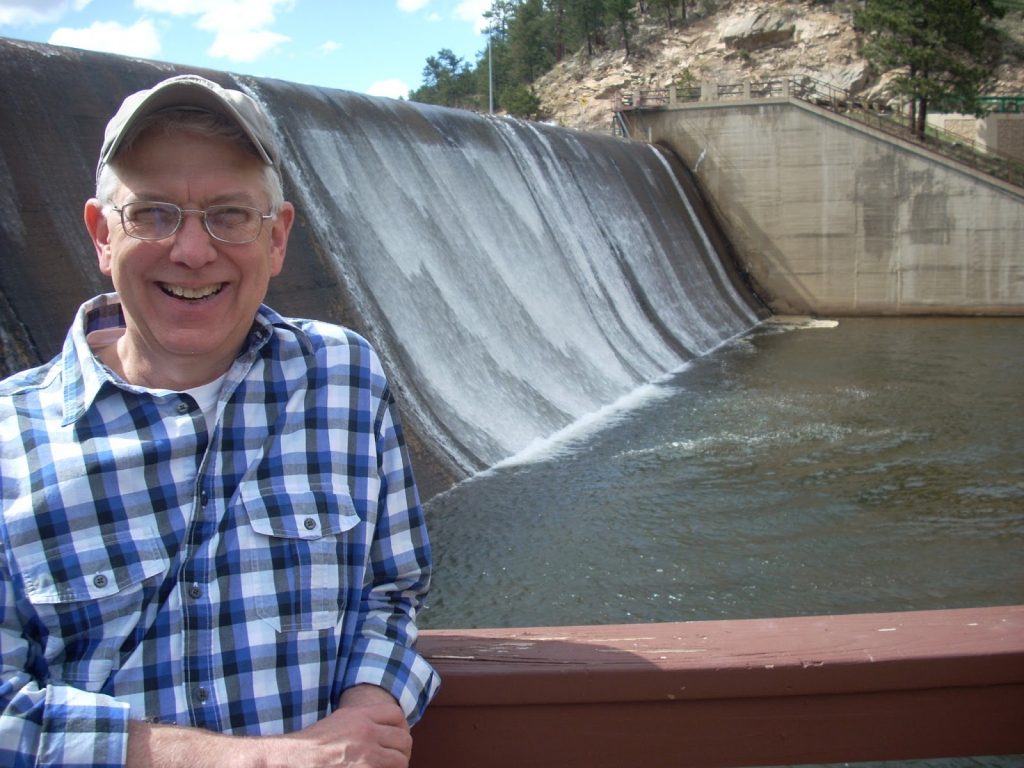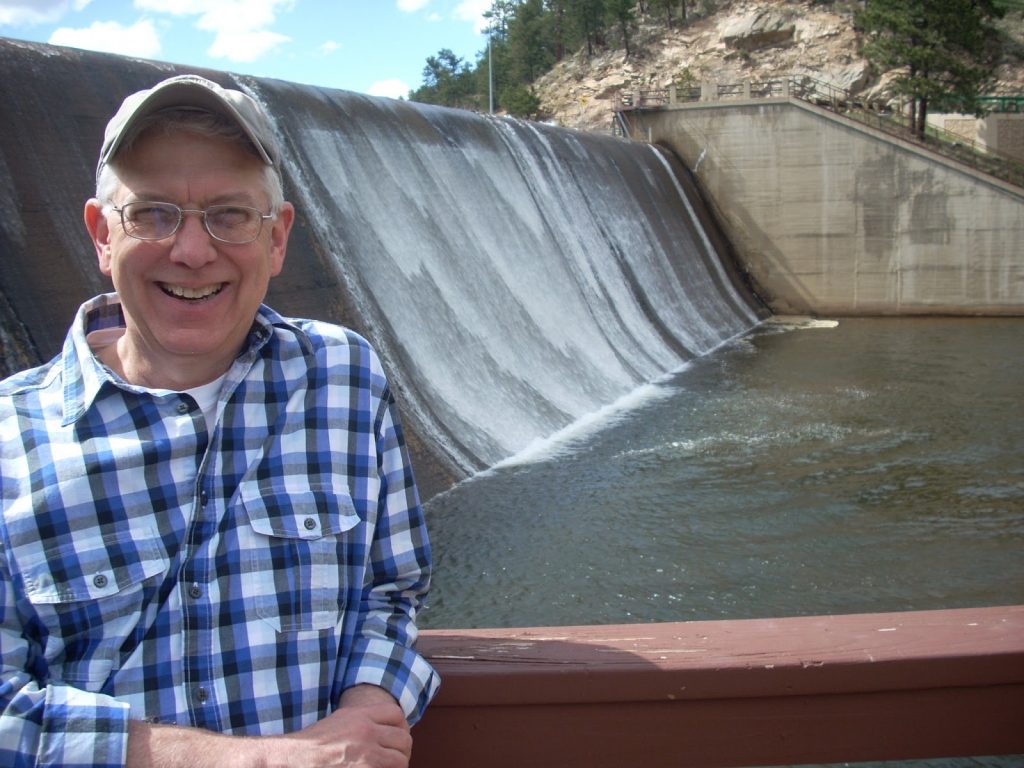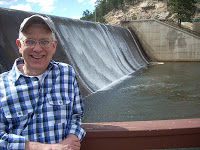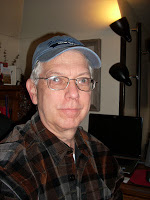For me, the essence of being GLBTQ(Aetc.) is first a recognition of being other, by which I mean being a person whose sexuality leaves him or her on the outside: a sinner, pervert, mentally ill, or more generally put, queer. Second, it means a dedication to some kind of community building within that outsider existence, by which I mean recognizing oneself as gay, lesbian, bisexual, transgender, questioning, etc., and sometimes connecting as a couple or friend with others that attract you and who feel somehow attracted to you. Third, it means dedication to improving the lot of such outsiders through coalitions of community-building (as in GLBTetc) through communication, valuing, participation in GLBTetc groups, and sometimes activism related to political process. But I don’t here want simply to write an essay on philosophy. Let me tell you some stories.
I was attending a professional meeting in a Denver hotel in 1977 studying Jungian psychology as it relates to religious education. While alone in my room one afternoon, Jung’s Shadow concept about which I had been writing and thinking took the form of a vision hovering over me, and I realized the shadow experience was in fact my homosexuality.
A year later I was in seminary. My encounters with gay persons and my experience of falling in love with a man caused me to realize that my homosexual shadow was more than the flipside of my sexual self. I was walking down a street with the man when I found myself singing love songs to him. This experience helped me realize my homosexual desire was situated at the core of my sexuality. I then “knew” and came to prize my bi-sexual experience in a new and more essential way. I kept singing!
I studied sexuality; I experienced my bisexuality; I loved myself. My homosexual desire and experiences provided me joy and pain—the joy of feeling one night in a hotel that my heart was going to beat itself right out of my rib cage as I was making love to my male companion, the pain of realizing that same lover was never going to express his love for me in the ways I was willing to express mine to him. Still for years I nurtured that relationship—my smallest gay community—all the while knowing that its existence, should it become outwardly known, could spell the end of my marriage and of my career as a minister because my desire and experience occurred outside the cultural norms of religion (I was a sinner, probably the worst kind), failed to be monogamous (against the law), and beyond the psychological, medical, and psychotherapeutic norms (a pervert or mentally ill to many health professionals).
Eventually I did reveal these things—my alternate needs and complementary community. I paid a high price and entered a gay-male world that opened the way for me to enter into an LGBTQAetc. essential experience. I had know, loved, and supported lesbians. I had known and loved gay men. I had known and loved my own bisexual self. I had not known transgender persons, but in my fledgling practice as a massage therapist I was ushered into such a relationship. My transgender client intrigued me with her story. I saw her generosity and worked hard to adjust my own assumptions. I appreciate to this day her tolerance of my bungling attempts to adjust my language. Too often with her I felt like when I was a seminarian dealing with images of God. My miscommunication then was to address God as Father in the opening prayer of a feminist organizing effort—one I supported and promoted. My thirty years of prayer language resisted. Luckily I giggled aloud at my misstep. But with my transgender client, I did not giggle but realized that her good nature helped me understand that in order to be an LGBTQ, I’d have to concentrate and accept others and myself like never before in my whole life because old images and old language always want to interrupt the flow of love and acceptance. For me, the essence of GLBTQ is plain hard work. That’s what I know about such things.
Thanks for listening! What I most appreciate about being in this storytelling group is that weekly I get to practice GLBTQ essential experience. Here we can giggle together as we learn.
Denver, 2013
About the Author
Phillip Hoyle lives in Denver and spends his time writing, painting, and socializing. In general he keeps busy with groups of writers and artists. Following thirty-two years in church work and fifteen in a therapeutic massage practice, he now focuses on creating beauty. He volunteers at The Center leading the SAGE program “Telling Your Story.”
He also blogs at artandmorebyphilhoyle.blogspot
